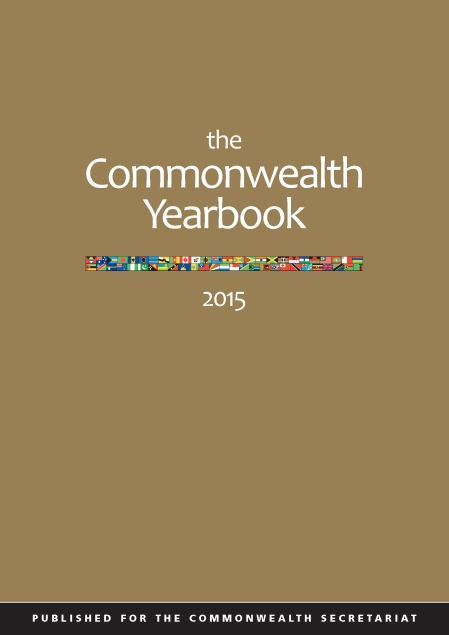
There are three Commonwealth member states in Europe, all of which are island states and members of the European Union. The United Kingdom (UK) was a founder member of the Commonwealth in 1931 when it recognised the independence of its dominions of Australia, Canada, New Zealand and South Africa under the Statute of Westminster. Cyprus joined the Commonwealth on independence in 1961, Malta in 1964, as they became republics. All three countries are multiparty democracies; in Cyprus the president is head of government and in Malta and the United Kingdom, the prime minister assumes the role.
The biennial Commonwealth Heads of Government Meeting has been held in all three European Commonwealth member states: in 1977 (London, UK); 1993 (Limassol, Cyprus); 1997 (Edinburgh, UK); and 2005 (Valletta, Malta). The UK hosts in London the HQ of the Commonwealth Secretariat, Commonwealth Foundation, Commonwealth Business Council, Commonwealth Parliamentary Association, Commonwealth Local Government Forum, Association of Commonwealth Universities and Commonwealth Games Federation.

The UK has overseas territories spread throughout all of the continents. These territories retain the connection with the UK by virtue of the wishes of their inhabitants. All the inhabited territories have assumed a very substantial measure of responsibility for the conduct of their own affairs. The largest five ordered in terms of population are Bermuda, Cayman Islands, Turks and Caicos Islands, Gibraltar and the British Virgin Islands.



